Journey to NCI designation sees progress in past year
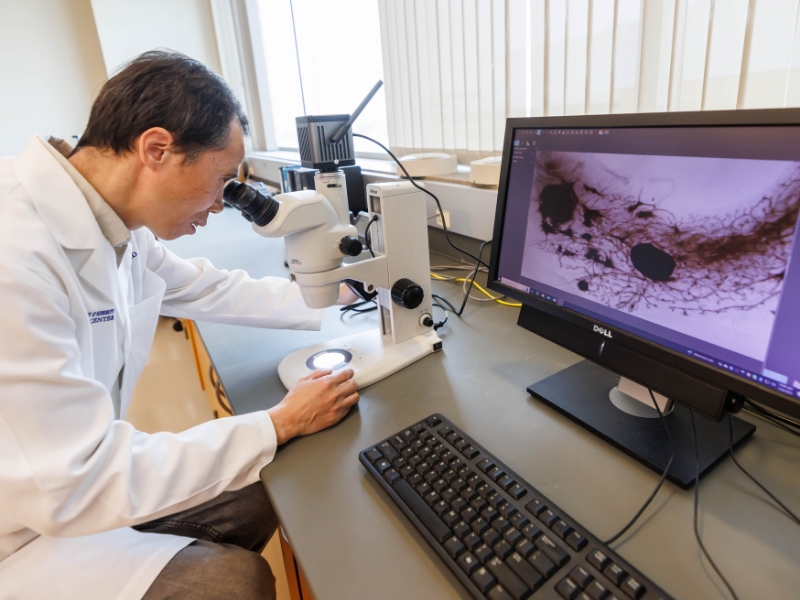
Earning National Cancer Institute designation is like a running a race, said Dr. Rod Rocconi, director of the Cancer Center and Research Institute at the University of Mississippi Medical Center and Ergon Chair for Cancer Research.
“From a timing standpoint, we’ve just left the blocks,” he said during a CCRI Town Hall Thursday, “but I’m excited about the run ahead.”
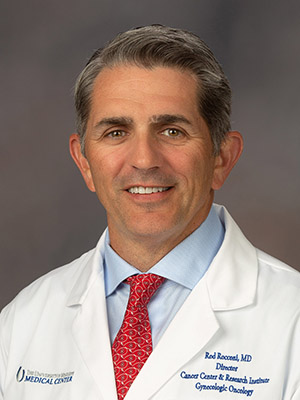
Gaining the designation, a first for the state, “is our goal and what we’re moving toward,” he said. “Every decision should be made through the lens of what the NCI would want to see.”
Work toward gaining the designation was announced in early 2024, with efforts focused on building a research-driven cancer center that improves the prevention, detection and treatment of cancer for Mississippians.
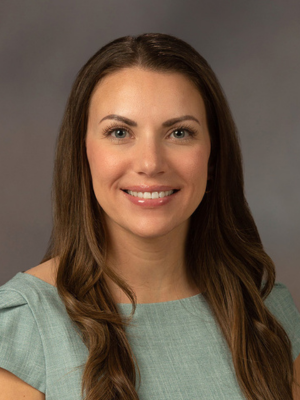
“This journey is about more than designation — it’s about building a center that truly serves Mississippi and that Mississippians truly deserve,” said Dr. Leslie Musshafen, CCRI associate director of administration and assistant professor in the Department of Preventive Medicine. “We’re aligning our resources and people to ensure our work directly impacts patients and communities across the state.”
It’s About Time: The Campaign for the UMMC Cancer Center and Research Institute, a philanthropic drive to raise $125 million to help fund construction of a new five-story Jackson cancer center, has raised $60 million so far. Its first donation was $25 million from Sandy and John Black in January.
“In less than a year’s time, we’re nearly halfway there,” Rocconi said.
Research funding is growing, too. Since 2024, UMMC has seen a 600% increase in NCI-eligible research funding from the 2023 fiscal year to FY 2025.
CCRI’s cancer research includes various areas of focus
- Experimental therapeutics, with 19 members, has collaborated in the state with the University of Mississippi’s National Center for Natural Products Research and National Center for Physical Acoustics and with the UMMC School of Dentistry.
- Cancer control and population science, with 20 members “leans heavily into telemedicine,” Rocconi said, by offering virtual tumor boards for collaboration with physicians around the state and building clinical trial networks. Other public outreach efforts include Survivor University, See, Test and Treat and QUILS, an acronym for Quality Implementation of Lung Cancer Screenings.
- Cancer biology and immunology, the largest area with 29 members, includes the study of cancer epigenetics and genomics, tumor microenvironments and metastasis.
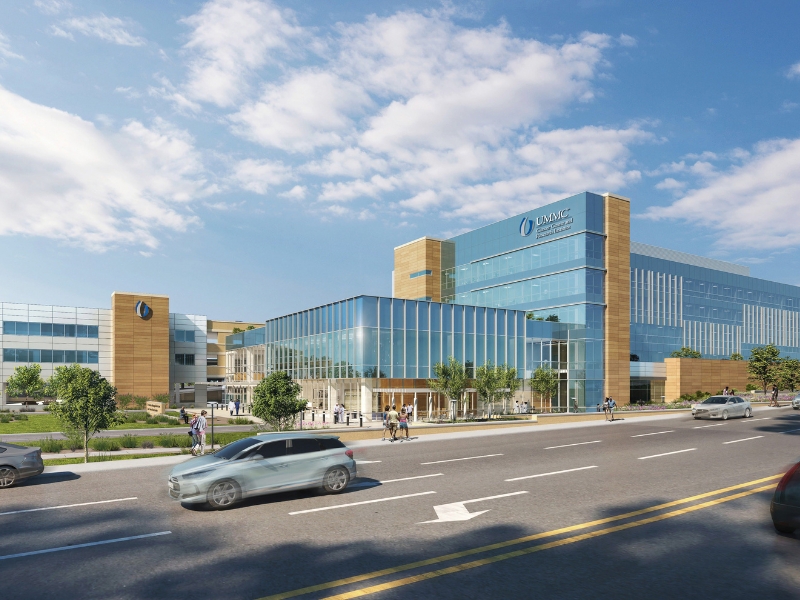
Requirements for NCI designation call for at least three areas of research, each with a minimum of five members and seven R01-level research grants. The R01 is the National Institutes of Health’s most commonly used grant program for independent research projects.
Other CCRI collaborations are with UMMC schools of health sciences include projects with the schools of nursing, medicine and population health; Cancer InFocus, a data platform presented by the NCI-designated University of Kentucky Markey Cancer Center; and several private companies.
“Part of our NCI application will require us to show the layers of collaboration, and it is incredible to see what we’ve done in two short years,” he said.
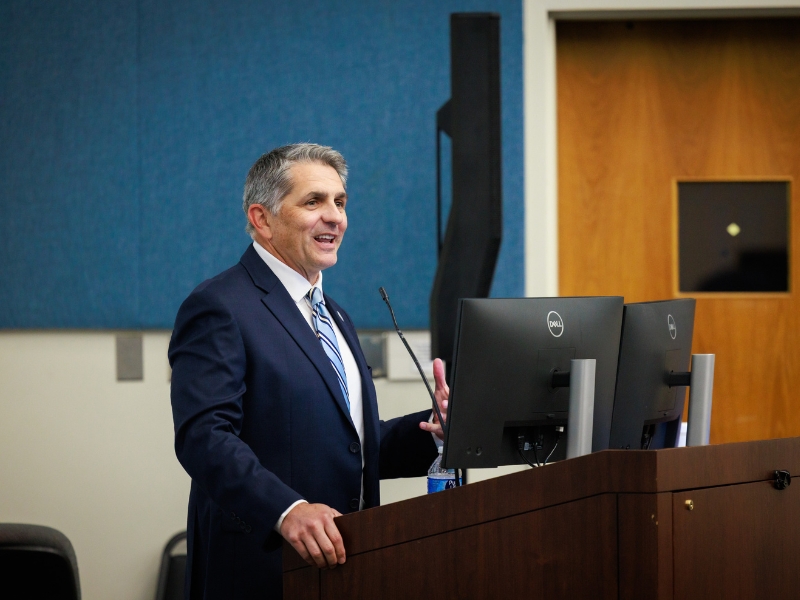
At the heart of CCRI’s cancer research, Rocconi said, is addressing obstacles to health in Mississippi, which has the highest cancer mortality rate in the nation. “The fabric of who we are and interwoven into everything we do is addressing the cancer inequities in the state.”
Clinical trials are an essential part of making advances in cancer care.
“As an academic medical center, I think it’s important that a heavy percentage of those be Phase I or Phase II,” he said. Phase I is the first step in testing a new treatment, and Phase II research studies how well a new treatment works in a larger group.
Nearly a third of clinical trials open through CCRI are in those stages, “and I want to see that area grow significantly,” Rocconi said.


